Search Results
Showing results 1 to 20 of 353
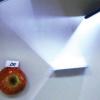
Light Maze
Source Institutions
In this activity, learners will explore light with reflective surfaces. Learners will make predictions and share their observations as they experiment with directing a beam of light.
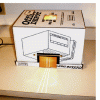
Light Box
Source Institutions
Learn how to construct a light box by following simple figures and instructions. This guide includes tips on how to assemble a light box; related activities are featured in separate resources.
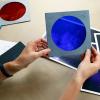
Exploring the Universe: Filtered Light
Source Institutions
"Exploring the Universe: Filtered Light" demonstrates how scientists can use telescopes and other tools to capture and filter different energies of light to study the universe.
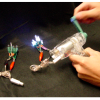
How can You Demonstrate the Efficiency of Different Light Bulbs?
Source Institutions
In this activity, learners actually feel the difference in energy required to light two different types of light bulbs: incandescent light and LEDs.
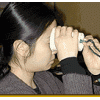
See the Light
Source Institutions
In this three-part activity, learners conduct simple experiments to see how light refracts and reflects, and how colors of light affect what we see.
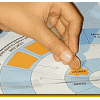
Light Quest
Source Institutions
Learners test their "light-smarts" by playing a game called "Light Quest!" The game board represents an atom and each player represents an electron that has been bumped into the atom's outer unstable
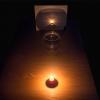
Water Sphere Lens
Source Institutions
In this activity about light and refraction, learners make a lens and magnifying glass by filling a bowl with water.
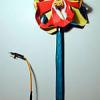
Wandering Wands
Source Institutions
In this activity, learners construct wands that play different notes depending on information from light sensors programmed via a PICO Cricket.
Splitting White Light
Source Institutions
In this optics activity, learners split white light into all its component colors using three household items: a compact disc, dishwashing liquid, and a hose (outside).
Polarized Light
Source Institutions
In this optics activity, learners experiment with polarizers (small dark rectangles) to examine light intensity.
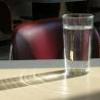
Bent Toward Science: Refraction
Source Institutions
This is an activity about the behavior of light. Using simple, everyday objects, learners will discover that light moves in straight lines until acted upon by another object.
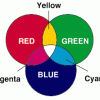
The Primary Colors of Light
Source Institutions
In this activity, learners work in groups of four to explore light. Learners create new colors from the primary colors of light from flashlights covered in theatrical gels or cellophane.

The Old White Sheet Trick: Light and Insect Behavior
Source Institutions
In this outdoor, nighttime activity, learners gather around a brightly lit, white surface and study the behavior of nocturnal animals attracted to the light, particularly night fliers.
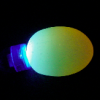
Why is the Sky Purple?
Source Institutions
This simple hands-on activity demonstrates why the sky appears blue on a sunny day and red during sunrise and sunset.
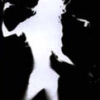
Self-Portrait Silhouettes: Activity 1
Source Institutions
In this activity, learners make a photographic image--without a camera!
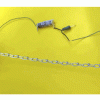
Stretch the Chain and See the Light
Source Institutions
In this activity, learners use their strength to light a light bulb. A chain made from paper clips is placed in series with a battery and flashlight bulb.
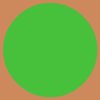
Mix-N-Match Light
Source Institutions
This is an online exhibit about color perception. Learners set a random background color and then try to mix red, blue, and green light to match.
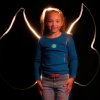
Light Painting
Source Institutions
Light painting is a creative activity that involves creating striking images and illusions using a camera, a light source, and a little practice.
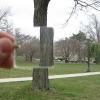
Gelatin Prism
Source Institutions
In this activity, learners make prisms from gelatin. Learners then shine light through the prisms and discover what happens. This activity introduces learners to the idea of refraction.
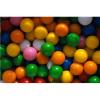
Make a Green Gumball Black
Source Institutions
In this optics activity, learners use a shoebox, colored cellophane and sunlight to "change" the colors of gumballs. Learners will be surprised when the green and blue gumballs appear black!
